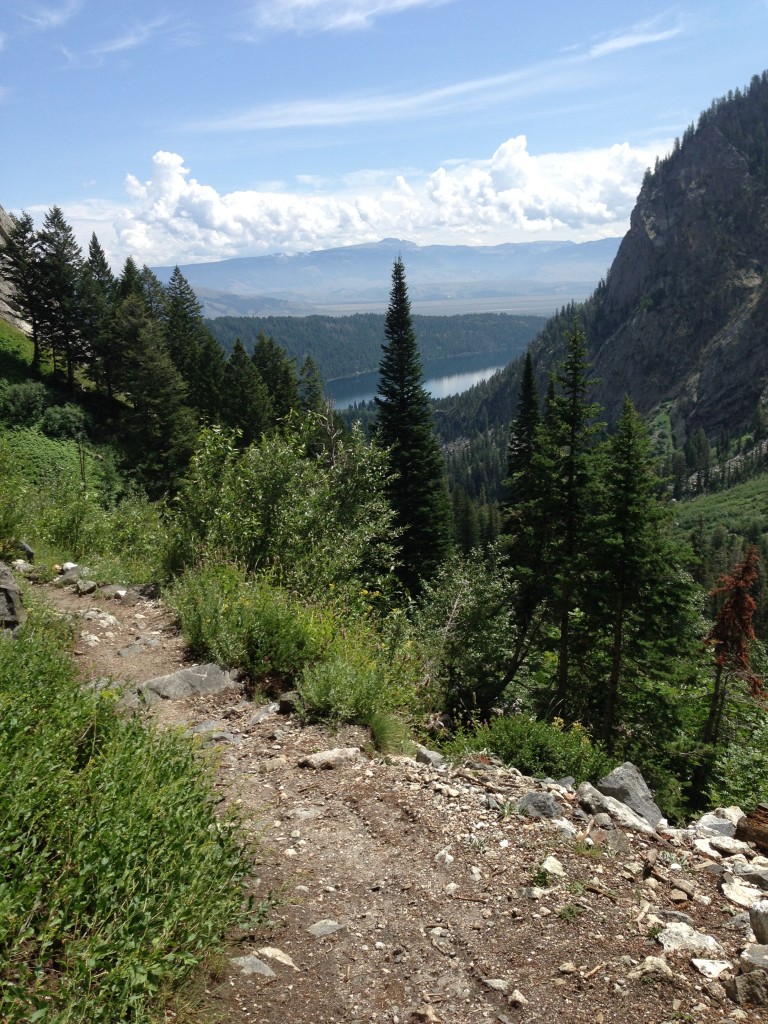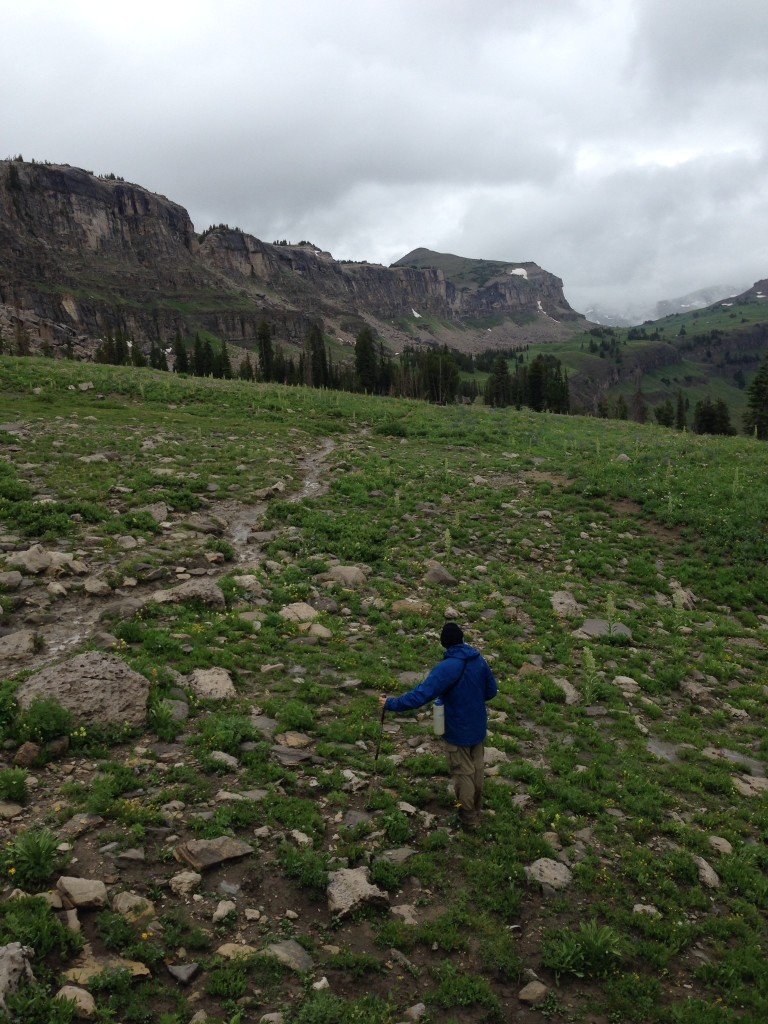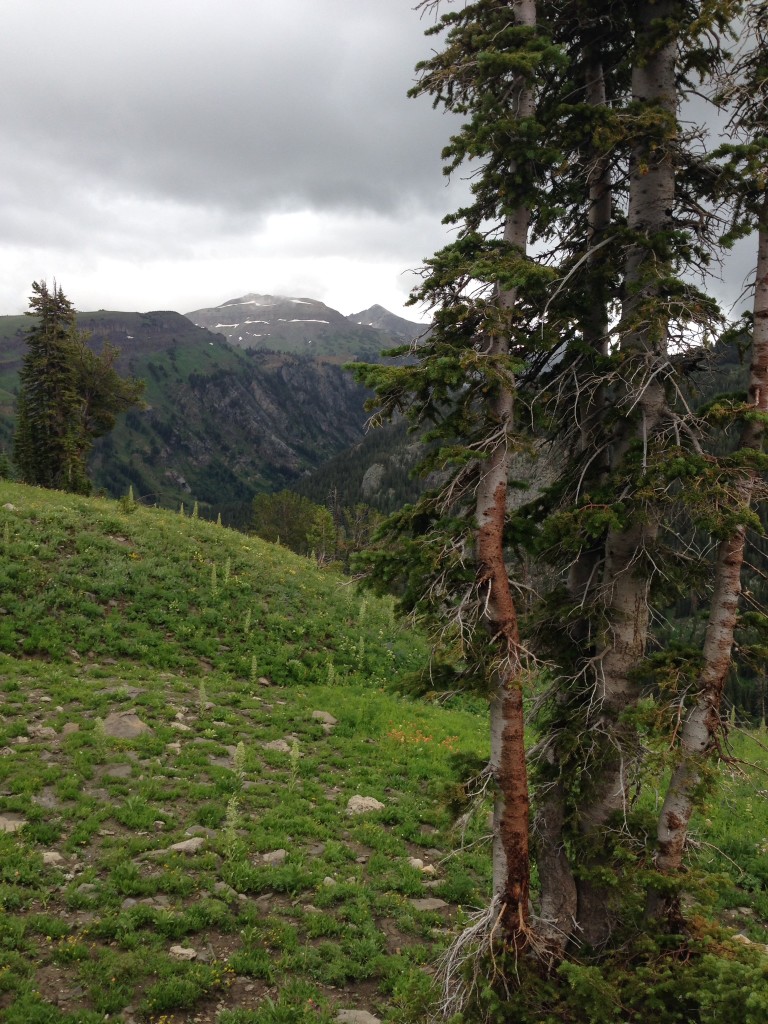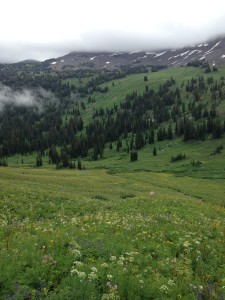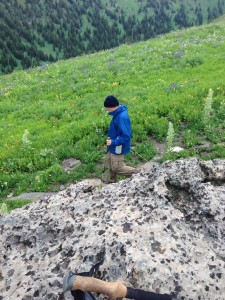
The weight of this sad time we must obey;
Speak what we feel, not what we ought to say.
Albany in King Lear
First, know this going in: it is an impossible conversation. Or very very difficult. After a death. Words are insufficient. They just won’t work. Shakespeare may say it best. And it wasn’t just Bee Gees who sang about words being “all I have.”
Some folks first learn about death while at play. As a child in Detroit if you got caught, “counting the cars in a funeral” procession, your friends chanted that you’d be the next to die:
“The worms crawl in, the worms crawl out
The worms play pinochle on your snout
They roll you up in a long white sheet
And lay you down six feet deep…”
Verse upon verse, funnily about the scary. This goes way back to, “Ring around the rosey/pocketful of posies/Ashes ashes we all fall down,” which I’ve just learned Snopes.com claims does not come from the plague in Europe in the 1300s. http://www.snopes.com/language/literary/rosie.asp
[But another children’s choosing-up-sides rhyme, Engine Engine #9 train going off the tracks is a death trip, too, right? See GOOD HUMOR MAN entry from December 22 2015]
Worm-play on your snout works as an amulet. We injected lyrical spells into each other, arming up via curses to crack us up. Said across a circle.
Do you know any others? Perhaps there exists an Allen Lomax-curated lp collection out there — “Children’s Funeral Procession Songs of the U.S. Possibly Lifted from Great Britain.” You sure don’t see processions anymore.

When out of words dumbstruck we say someone is “at a loss” for words. Ram Dass [See DIRECTING CONVERSATION entry, February 2 2016] tries to counter this with his work with dying people in hospices. There he tries to “create a space” where someone can open up and express themselves – a space to maybe find words, continuing to play in the game of life before hanging up the skates.
“Tell me how your parents died,” she said. I couldn’t believe my ears.
“I beg your pardon?” I said.
“What good is ‘Hello’?” she said.
She had stopped me in my tracks.
“I’ve always thought it was better than nothing,” I said, “but I could be wrong.”
“What does ‘Hello’ mean?” she said.
And I said, “I had always understood it to mean ‘Hello.’”
“Well it doesn’t,” she said. “It means, ‘Don’t talk about anything important.’ It means, ‘I’m smiling but not listening, so just go away.’”
She went on to avow that she was tired of just pretending to meet people. “So sit down here,” she said, “and tell Mama how your parents died.”
“Tell Mama!” Can you beat it?
Kurt Vonnegut in his novel Bluebeard
Can you beat that? Vonnegut!
When conveying the news about a death it’s weird today because you can’t just say, “You better sit down” like they always say in the movies. Most people are already sitting, in front of their computers.
When singer Dan Fogelberg died in 2007, I went online to remember one of his tunes and I was amazed to discover scores of comments, memorial pages created at a YouTube link. Everyone mourning together via text, sending memories in video. I don’t deal well with death, but this certainly helped. Obviously it wasn’t a face-to-face mourning. But I felt I was in the middle of a new kind of moving conversation.
Back Pocket Banter: Five Ways To Convo
Do people find you comforting?
How do you comfort people?
How do you deal with loss?
Do you go on YouTube and type up your memories?
If you could live and die during any period of history, which would you choose?
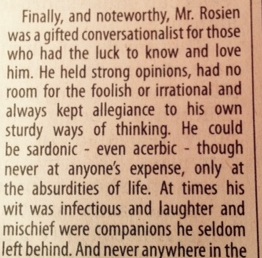
Activity
Hug until the other person lets go. (Hey once we start hugging why do we ever let go? To get back to this thing the artist formerly-known as Prince calls life?)
Get into a conversation: According to many family traditions, funerals and weddings are the best times to catch up with uncles, aunts, cousins and cousins once removed. Ask about their lives and you’ll get good stories. How is that sister-in-law’s sister on the Cape and her kids at Keene State? There are Peace Corps missions and scientists and sports legends to learn about!
Family convos can remind you that funerals are to remind you that engaging in life is worthwhile and worth even more when humor, sadness, the spices of life and death—voila! —are added.
Bonus!
For conversations after funerals, actress Elaine Stritch recommended having a couple of drinks. She told me her next memoir would be called, “How Drinking Saved My Life.” In wintertime there’s Irish coffee, known for having loosened up many a tongue across the San Francisco Bay area. In summer the vodka tonic. I think I still prefer silence.
The wages of dying is love
Yes you cling
because I like you only sooner
than you will go down
the path of vanished alphabets.
Galway Kinnell
Though men and women must communicate with words,
angels can talk to one another in silence. Dante



